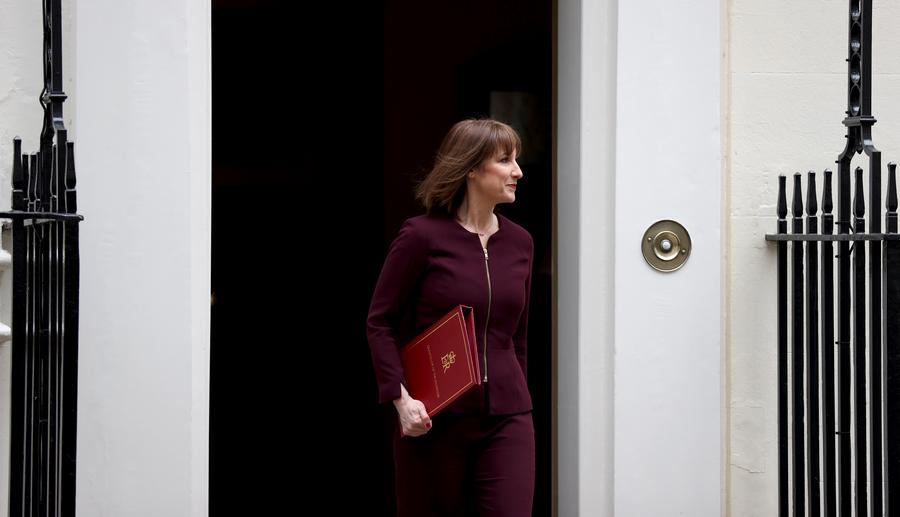The British Chancellor of the Exchequer, as the second-highest-ranking official in the UK government, rejected pressure from the U.S. President to sever economic ties with China, stating that “cutting off connections with the second-largest economy in the world would be a very foolish move,” and affirmed that London will pursue an independent path regarding Beijing.
In an interview with The Telegraph, Rachel Reeves stressed the importance of developing trade relations with China and distanced herself from the unilateral and coercive policies of Donald Trump toward Beijing. She clearly stated, “China is the world’s second-largest economy, and cutting ties with it would be an immature step. This is our government’s position.”
This statement comes amid pressure from Trump, who has been intensifying demands on U.S. allies to reduce economic relations with China under a policy known as the “Freedom Day Tariff War.” According to The Wall Street Journal, the U.S. government has presented restrictions on cooperation with Chinese companies as a condition for tariff reductions during trade negotiations with over 70 countries.
Reeves further emphasized the importance of deepening economic and financial ties with China, mentioning, “I traveled to China this year and participated in economic discussions alongside major British financial institutions such as HSBC, the London Stock Exchange, Standard Chartered, and Prudential. Our goal was to increase licenses, quotas, and operational opportunities for British companies in the Chinese market, and the agreements reached were worth approximately £600 million. Such agreements clearly align with our national interests.”
The British Chancellor also implicitly welcomed the plan for the Chinese company “Shin” to enter the London Stock Exchange, stating that the ultimate criterion for evaluating this move would be adherence to the stringent standards of the London Stock Exchange.
However, Reeves emphasized that in sensitive sectors such as critical infrastructure, Chinese investments would be controlled. She noted the emergency takeover of a British steel plant due to concerns over the actions of the Chinese company “Jingye,” and the prevention of Chinese investment in the Sizewell C nuclear power project in Suffolk, highlighting that the London government would maintain a cautious policy toward foreign investment in sensitive sectors.
Sensitive Consultations in Washington: A Diplomatic Struggle Over China
Next week, the Chancellor of the Exchequer will be heading to Washington to participate in meetings of the G20, G7 finance ministers, and the annual International Monetary Fund summit. During this trip, a meeting with Scott P. O’Malley, the Treasury Secretary in Donald Trump’s administration, is also on the agenda, with the main focus of discussions being the effort to finalize a bilateral trade agreement between London and Washington.
However, London’s clear and independent stance in defending its economic interests may pose significant challenges to negotiations amid Trump’s insistence on compelling his allies to sever or limit ties with China. Contrary to White House expectations, the government led by Keir Starmer has not only refused to cut ties with China but has also emphasized the need to expand trade relations with the second-largest economy in the world. This strategic divergence could indicate a period in which the UK, albeit cautiously, seeks to reduce its complete dependence on Washington’s imposed policies.
In this context, the upcoming negotiations in Washington are likely to transcend mere trade discussions, turning into a test of London’s economic independence; a test whose outcome could largely determine the future relations between the UK and the US.

